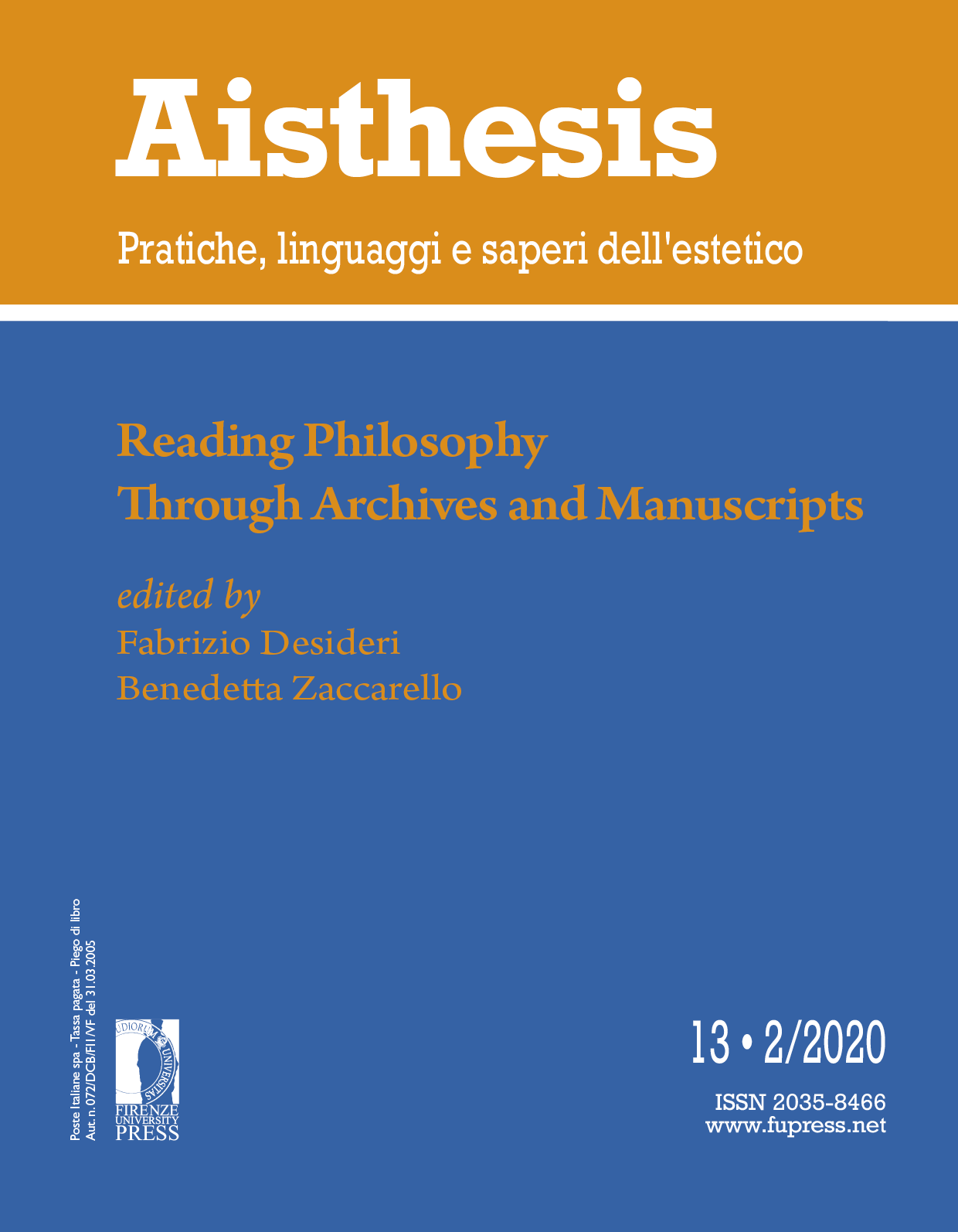Published 2020-12-19
Keywords
- Shakespeare,
- Adorno,
- aesthetics,
- modernity,
- nominalism
How to Cite
Abstract
This essay argues that Antony and Cleopatra’s pitting of Egypt against Rome is a cipher of aesthetic resistance to modern rationality. The coordinates are Adornian. Antony’s and Cleopatra’s complex identities elude the disenchanting, nominalist machinery in which diffuse indeterminacy necessitates conceptual imposition. Here, the individuals are essentially dramatized: sensate, embodied selves composed and expressed in relations of passionate recognition. The lovers’ deaths, and especially Cleopatra’s self-conscious theatre, rewrite the ascetic, dominative, and pseudo-theatrical rationality of Octavian Rome. The protest, the passion and singularity, lives mainly through its expressive emphases – such as hyperbole – and the re-functioning of the very dominative roles and norms being opposed. This reflects the restricted but critical – aesthetic – status of early modern drama, and specifies its opposition to the deepening attack on sensate knowing in its world.


